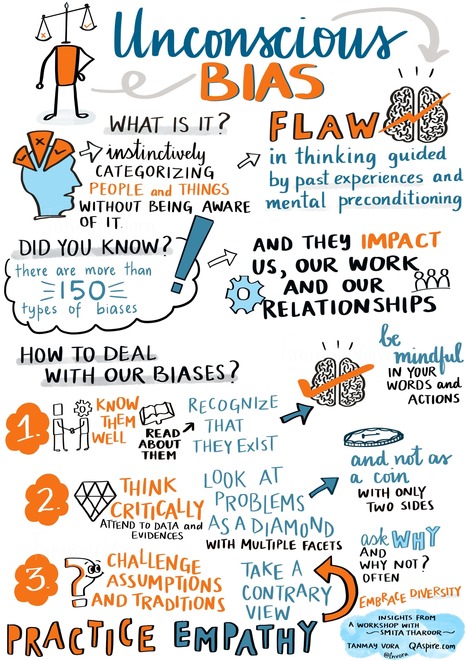
Theologie - Wikipedia
Theologie ( griechisch θεολογία theología, von θεός altgriechisch theós ‚Gott' und λόγος lógos ‚Wort, Rede, Lehre') bedeutet „die Lehre von Gott" oder Göttern im Allgemeinen und die Lehren vom Inhalt eines spezifischen religiösen Glaubens und seinen Glaubensdokumenten im Besonderen.
Kritik innerhalb der Theologie
Kritik begleitet die ganze Kirchengeschichte, denn Auseinandersetzungen zwischen der etablierten Kirche und abweichenden Strömungen sind stets mit Kritik (an den Ansichten der anderen) verbunden. Daneben gibt es von Beginn an auch ein selbstkritisches Hinterfragen des eigenen Verständnisses. Paulus mahnte: „Prüft alles und behaltet das Gute!“ (1 Thess 5,21 EU), und verwies auf die Vorläufigkeit unseres jeweiligen Erkenntnisstandes („unser Erkennen ist Stückwerk …“ 1 Kor 13,9.12 EU). Gegenwärtig betonen theologische Lexika die kritische Aufgabe der Theologie.
[2] Für Heinzpeter Hempelmann ist Kritik „die einzig angemessene Antwort auf (einen) Offenbarungsanspruch“, denn die Spuren eines die menschliche Vernunft derart in Frage stellenden Ereignisses wie die Menschwerdung Gottes seien „unterscheidend und prüfend“ wahrzunehmen.[3] Das Thema Kritik im Bereich der christlichen Religion behandelt Franz Graf-Stuhlhofer grundsätzlich im Buch Christliche Bücher kritisch lesen[4] sowie in der Studie Facetten kritischen Denkens.[5]
Learn more / En savoir plus / Mehr erfahren:
https://www.scoop.it/t/21st-century-learning-and-teaching?tag=Critical-Thinking



 Your new post is loading...
Your new post is loading...













Kritik innerhalb der Theologie
Kritik begleitet die ganze Kirchengeschichte, denn Auseinandersetzungen zwischen der etablierten Kirche und abweichenden Strömungen sind stets mit Kritik (an den Ansichten der anderen) verbunden. Daneben gibt es von Beginn an auch ein selbstkritisches Hinterfragen des eigenen Verständnisses. Paulus mahnte: „Prüft alles und behaltet das Gute!“ (1 Thess 5,21 EU), und verwies auf die Vorläufigkeit unseres jeweiligen Erkenntnisstandes („unser Erkennen ist Stückwerk …“ 1 Kor 13,9.12 EU). Gegenwärtig betonen theologische Lexika die kritische Aufgabe der Theologie.
[2] Für Heinzpeter Hempelmann ist Kritik „die einzig angemessene Antwort auf (einen) Offenbarungsanspruch“, denn die Spuren eines die menschliche Vernunft derart in Frage stellenden Ereignisses wie die Menschwerdung Gottes seien „unterscheidend und prüfend“ wahrzunehmen.[3] Das Thema Kritik im Bereich der christlichen Religion behandelt Franz Graf-Stuhlhofer grundsätzlich im Buch Christliche Bücher kritisch lesen[4] sowie in der Studie Facetten kritischen Denkens.[5]
Learn more / En savoir plus / Mehr erfahren:
https://www.scoop.it/t/21st-century-learning-and-teaching?tag=Critical-Thinking